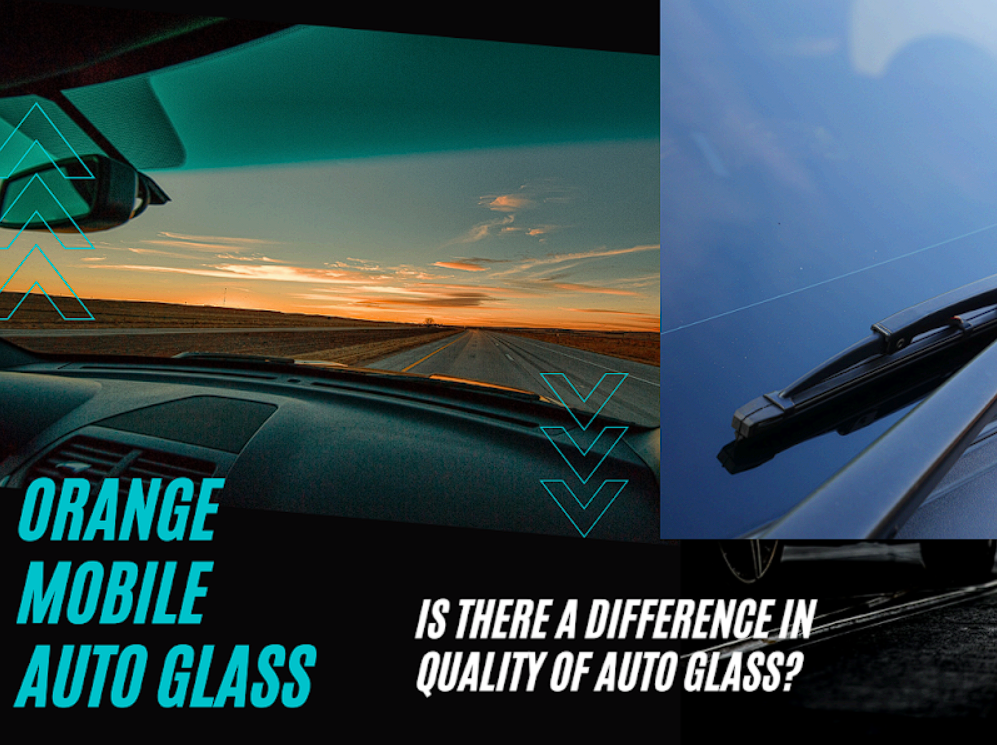
Is There A Difference in Quality of Auto Glass?
Yes, there is a difference in the quality of auto glass. OEM (Original Equipment Manufacturer) glass matches factory specifications, while aftermarket glass may vary in thickness, clarity, or fit. High-quality auto glass offers better safety, durability, and sound insulation.
Orange Mobile Auto Glass ensures you get premium-quality glass with professional installation.
Auto glass plays a critical role in your vehicle's structural integrity and crash protection. In the following paragraphs, we will break down the key differences between OEM and aftermarket glass, how quality affects visibility and noise reduction, and why choosing the right glass ensures long-term safety and performance.